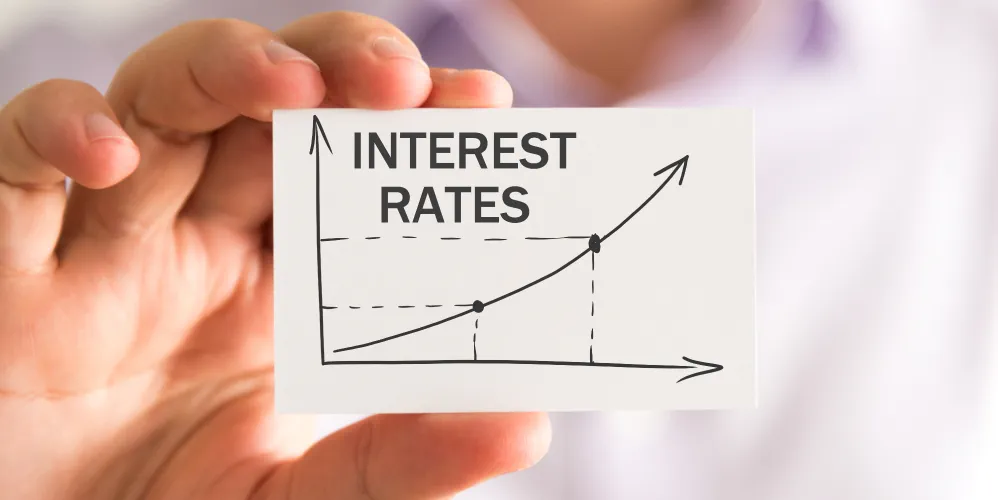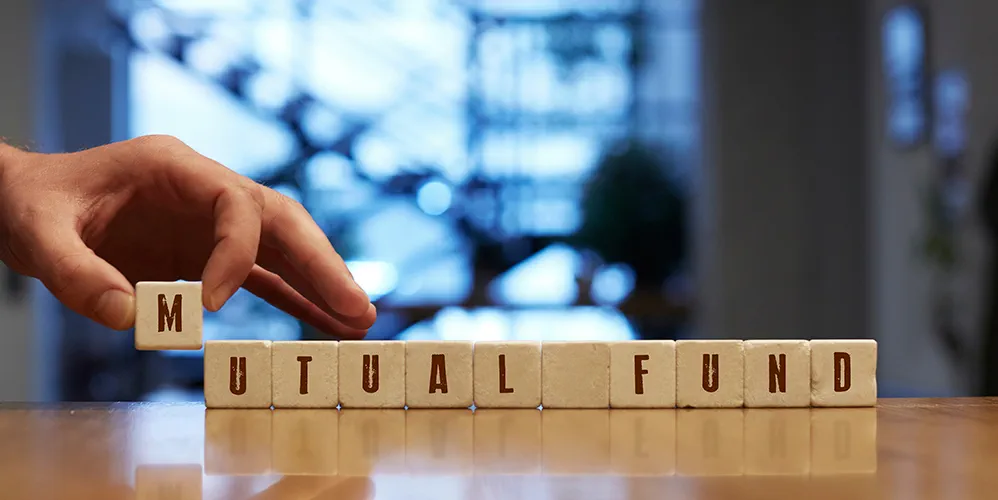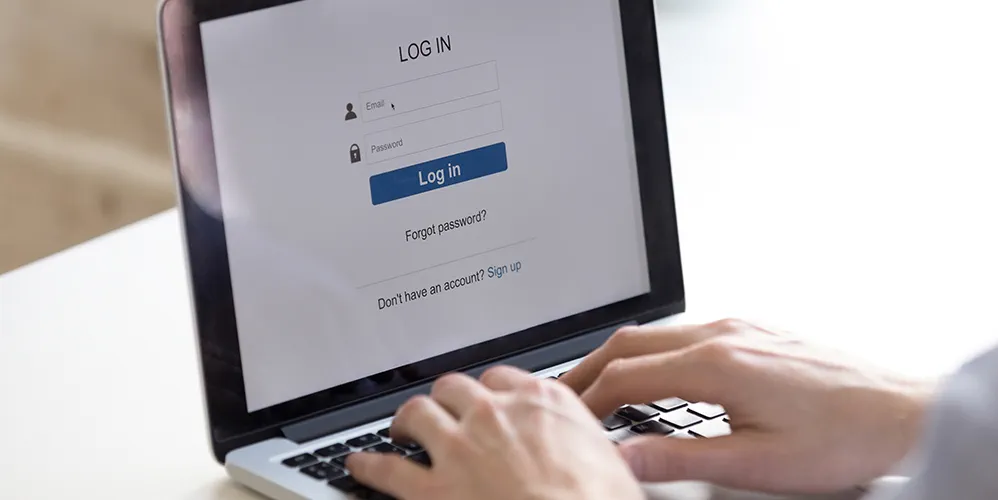
Know Why do FD Interest Rates Changes Frequently
21 Dec 2022

Table of Content
Introduction
Fixed deposits are the favourite investment instruments for those who prefer assured returns and low-risk investments offered by banks. The interest rates in fixed deposits keep changing. We will help you understand why this happens and how this affect can your savings.
Are Fixed Deposit Rates Revised Frequently?
Fixed deposit rates inch up or go down depending on inflation. The Reserve Bank of India (RBI) loans money to commercial banks for a brief period at an interest rate called the repo rate. The increase in repo rate increases bank loan interest, which staggers credit retail. The interest rates on fixed deposits increases if repo rates are increased. Some banks, however, do not increase the deposit rate despite negative returns from the rising inflation as that can affect the bank's bottom line.
Why are FD Interest Rates Revised?
Those maintaining fixed deposits will notice that FD interest rates keep fluctuating. While the strongest reason for changing interest rates is the soaring rate of inflation, a closer look points to various other reasons.
Sufficient Liquidity:
If there is enough liquidity, banks don't rely on retail fixed deposits to stabilise their position, which they do in tight liquidity times by using their deposits.
Credit demand:
When the credit demand is high, banks increase deposit interest rates.
Call Money:
Banks resort to call money to fill asset-liability mismatch to meet CRR and SLR reserve, along with a sudden fund requirement from demand and supply of liquidity that further affects call money rates. When there is a tight liquidity condition it increases call money, affecting deposit rates.
Dropping fund cost:
Interest rates are cut by banks when their fund cost fall. Even if the interest rates are high, there is a revision of base rates, which are based on retail loans. Therefore, high-cost deposit rates are decreased.
Impact on NIM:
Muted credit demand impacts loan yields leading to banks dropping interest rates on fixed deposits as it affects their net interest margin (NIM).
What Should You Do in Case of FD Interest Rate Changes?
When the fixed deposit interest rates rise, it is across all tenures. Long-term FDs see a greater increase in interest rates as compared to short-term FDs. The interest rates are quite high at this time. Considering rising inflations, it is better to open a short-term fixed deposit account now. Once the inflation settles, long-term FDs will help you benefit better.
You can also ladder your FD by breaking a large deposit into small parts of different time gaps. This will help you gain periodic liquidity while taking advantage of the volatility in the interest rate. This will give investors better returns when they reinvest for longer terms
When there is high volatility, the tenure of fixed deposits should be short and when interest rates on deposits is high, the tenure of fixed deposits invested should be long. It is not a good idea to lock money for a long duration in debt instruments when inflation is high.
To Calculate Fixed Deposit Interest Amount you can use - FD Calculator
FAQs
Will the FD rates change with an alteration in the RBI MPC repo rates?
Yes, FD rates will change as RBI MPC repo rates alter. While some banks will increase FD interest rates, others will act more cautiously.
Will FD rates increase?
You might want to know when FD rates will increase. FD rates are already high and are likely to go higher, so this is the best time to open a fixed deposit account.
What is the most profitable time to open an account for FD?
Keeping a close watch on the interest rates is a good idea.As the interest rates increases, it is the most apt time to open FDs.
Popular Articles
Tag Clouds
Related Articles










-
Disclaimer
The contents of this article/infographic/picture/video are meant solely for information purposes and do not necessarily reflect the views of Bank of Baroda. The contents are generic in nature and for informational purposes only. It is not a substitute for specific advice in your own circumstances. Bank of Baroda and/ or its Affiliates and its subsidiaries make no representation as to the accuracy; completeness or reliability of any information contained herein or otherwise provided and hereby disclaim any liability with regard to the same. The information is subject to updation, completion, revision, verification and amendment and the same may change materially. The information is not intended for distribution or use by any person in any jurisdiction where such distribution or use would be contrary to law or regulation or would subject Bank of Baroda or its affiliates to any licensing or registration requirements. Bank of Baroda shall not be responsible for any direct/indirect loss or liability incurred by the reader for taking any financial decisions based on the contents and information mentioned. Please consult your financial advisor before making any financial decision.
NPS Returns - Everything You Need to Know
Every person wants to live with financial liberty without compromising their standard of living during the advancing years and it is possible with a pension scheme. With a mission to provide social security to every old age Indian citizen, the Government of India started the National Pension System that allows one to voluntarily invest, accumulate savings and get a lump sum amount in a form of regular income through an annuity plan on retirement.
Kisan Vikas Patra (KVP) – All You Need To Know
Launched in 1988 by India Post, Kisan Vikas Patra is a savings certificate scheme to encourage small savings for securing the people’s future. As the name suggests it was designed to assist farmers who lacked access to traditional banking systems but there is no distinction made between investors.


Leave a Comment
Thanks for submitting your details.